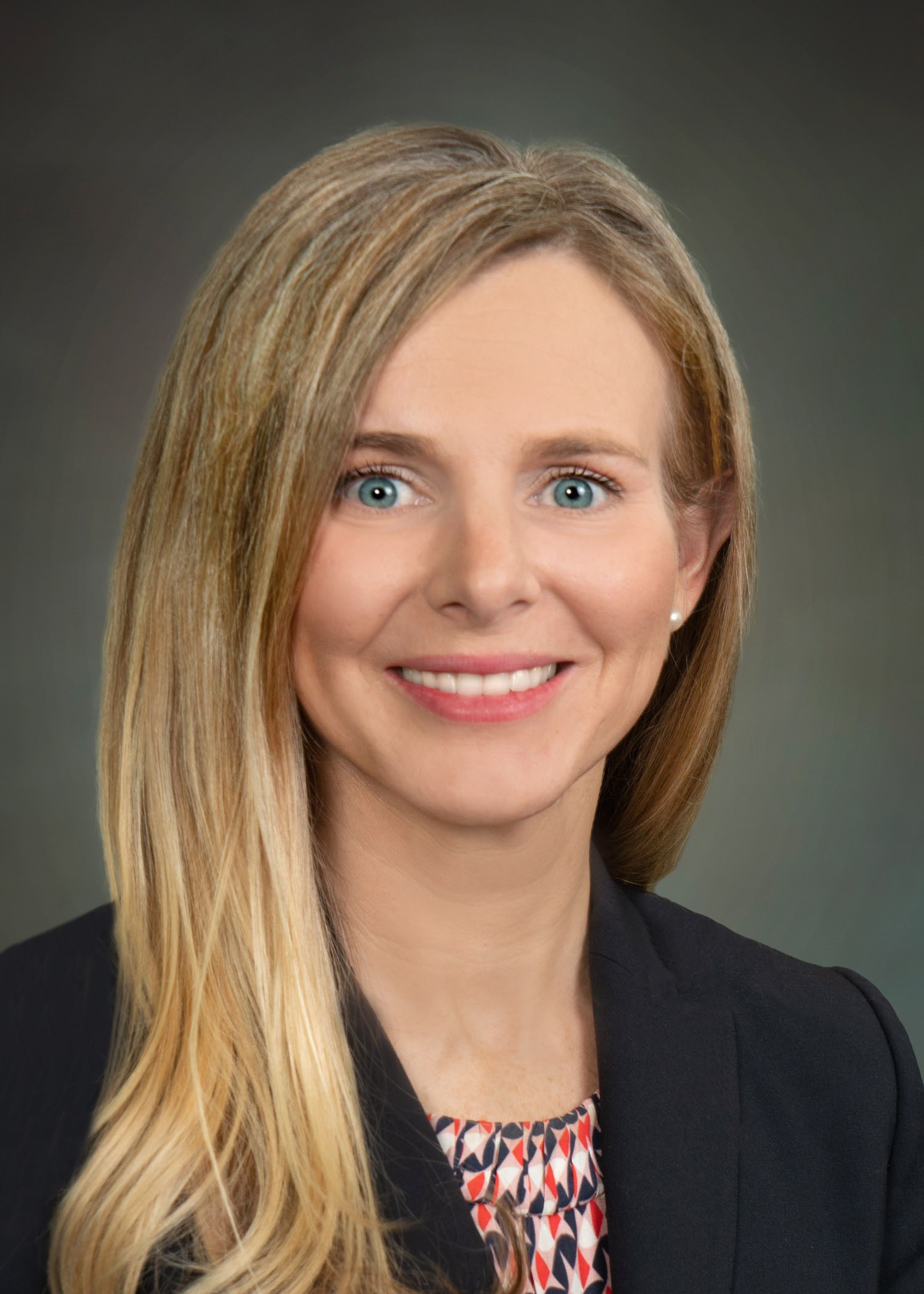It matters little what season (age) or state (status) of life you’re in, having a vision for your life is critical to your success and fulfillment. Whether you are well into “real” retirement or you are embarking on your next career, a clear vision is equally important for your future.
So what does having a vision mean, and why is it important to have one for your life?
Let’s start with what a vision is not. A vision is not an activity or a specific goal to be accomplished – although you will likely accomplish several goals to realize your vision. One of Merriam-Webster’s definitions of vision is, “something that you imagine: a picture that you see in your mind.” In other words, think of the vision for life as a state of being in which you see yourself.
To create a vision for the very first time, or refine an existing one, engage your senses and ask yourself the following questions:
- What do you see, smell, hear, feel, etc.?
- What does your home look like?
- What does your daily life entail? Where are you? What are you doing?
- Are you exercising and eating well?
- Are you working? If so, what are you doing? Do you go into an office everyday? Is that office at home? What does it look like?
- How are you making a difference in the world? What is your impact? Who are you serving?
- What do you want to be known for?
- What do you want your family and friends to know you and remember you for?
If you have never done this type of exercise, set aside some time (45 minutes or so) in a private, reflective place where you will not be disturbed and really think about the answers to these questions. Consider the following teaser: “It is three years from today and I am …” Writing in the present tense makes your vision more real, planting seeds in your brain that will take root and move you in the right direction.
Beware of Getting Stuck
If this feels like a daunting exercise, it can be helpful to set a timeframe for your vision, such as three to five years. Longer periods can be hard to wrap our minds around and we end up discouraged, distracted, and/or disengaged. The vision remains a fuzzy concept instead of a tangible, or physical reminder (See a bonus exercise at the end regarding vision boards).
Another pitfall is getting stuck in the “how” of your vision. It is very important to understand this exercise does not entail knowing every step of how you are going to realize your vision! Planning and execution come later. For now, just write without needing to know how this will all come to fruition. Give yourself permission to imagine without judgement.
The last pitfall to bring your attention to that is similar yet distinct from the “how” is feeling like you must know every detail of every aspect of your vision. Yes, it is good to get specific in visioning – that is why you engage your senses – but don’t get stuck in the weeds. Keep moving through your senses staying focused on the “state of being” – you can always go back and refine as certain areas become more clear.
With that said, there are so many external variables and circumstances that will undoubtedly arrive and alter your vision. That is OK, and that’s also why it is important not to get stuck in the weeds now. As long as you are intentional about the change and make it from a place of choice, versus capitulation or victimhood, refining your vision is wise. We cannot predict the future, and so we do our best with what we know at the time.
Does Visioning Really Contribute to Success and/or Fulfillment?
Many athletes incorporate visioning into training because it has proven to contribute to successful performance. For example, golfers envision putts or drives, basketball players envision free-throw shots, gymnasts rehearse their stunts in their minds, and so on.
While you may not be a professional athlete, you are the MVP in your own game of life. If you don’t have any idea who you want to be, what you want to do, or what you want to be known or remembered for, you may not be very satisfied or fulfilled with your life.
It’s Not Too Late to Vision
Consider the following: On 10-point scale – 1 is “not at all,” 10 is “couldn’t be any better” – to what extent do you feel fulfilled? You can perform this rating exercise for your life in general and across different aspects such as professional, health, relationships, financial, family, friends, etc.
It does not matter if you are 35 or 75 years old, you can still have a vision for yourself and make incremental progress to close any gaps. Simply ask yourself, if you are at a 6, what would a 7 look like? Or what would it take to get to a 7? Remember, progress over perfection. Ditch the often not useful “all or nothing” mindset which breeds discouragement and fosters negativity.
[RELATED: New Year’s Resolution in Ruins? It’s Not Too Late to Get Back on Track]
You are not too late to create the vision for the rest of your life.
Ready, Set, Vision!
Perhaps you are on top of this already - fantastic! I invite you to refine your vision through the senses and update as appropriate.
Or maybe you have no idea where to begin. Simply schedule time to pull out a piece of paper, find your favorite writing utensil, and answer the questions above honestly, without judgement. Handwriting engages the mind differently than tapping away on a keyboard – don’t ask me how, I just know it is different. Give it a shot! You may be surprised by what is revealed!
If you are a person of faith, this is a great topic on which to spend some time in prayerful reflection.
Bonus Exercise
Create a vision board so that you have a visual reminder of your vision every day. Use your favorite search engine and type in “vision boards” and you will find countless examples and resources.
A warning: Do NOT get stuck looking for the perfect pictures (house, kitchen, office, car, and so on) or your 2022 vision board may remain incomplete until 2023.
And a confession: My 2020 board was never completed. I am committed to finishing my 2022 board before March 1. How about you? Are you up for a 2022 Vision Board Commitment?

